5 steps to safeguard your credit score from divorce
Getting through a divorce is challenging and can have a direct or indirect impact on multiple aspects of your life. One such thing which can be indirectly affected due to a divorce is your credit score.
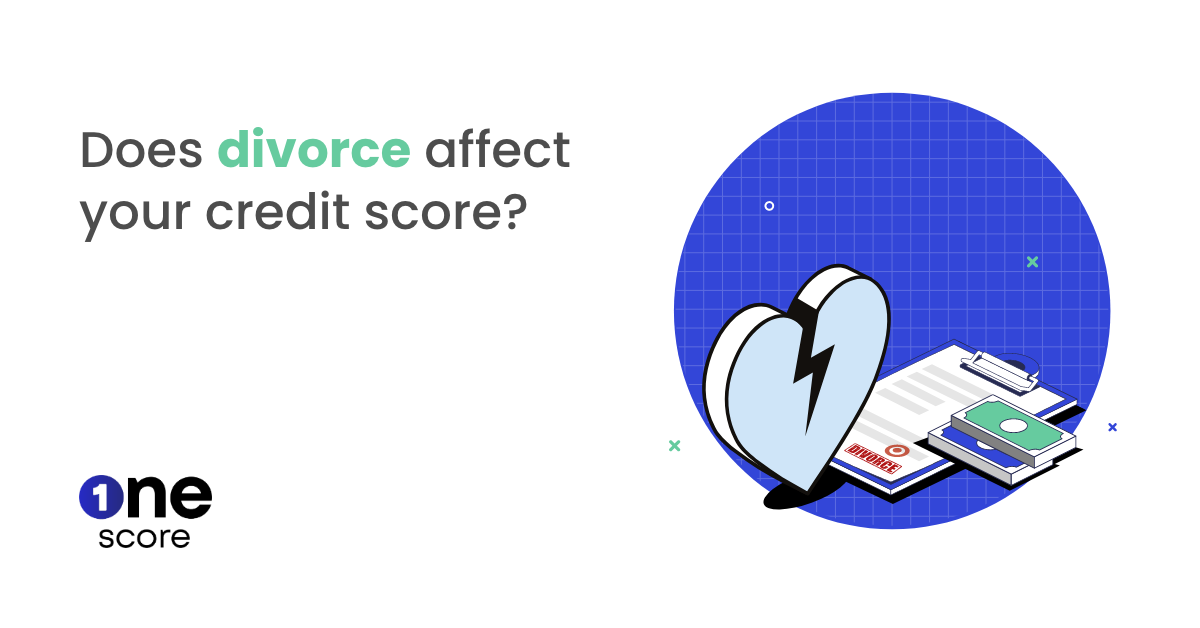
Your credit report nowhere shows your marital status and hence filing for a divorce won’t affect your credit score directly. However, all your joint accounts are reported in your report. So if you are a joint owner, cosigner or authorised user of such an account, you must settle that account prior to the divorce.
In simple terms this means that any default on any such account by your spouse will lead to an impact on your credit score. Additionally, if you have signed up as a guarantor against your spouse’s loan, you will be liable to pay for it in case your spouse is unable to pay the loan.
If the joint account isn’t timely repaid and closed, and the lender hasn’t changed the contract, the credit reports of both the parties will reflect the missed/delayed repayments and will negatively impact the credit score of both individuals.
Missed payments can even occur years after the divorce and it can come as an unpleasant surprise on your credit report with a low credit score. Hence, dealing with such accounts appropriately and on time is very important at the time of divorce.
How to protect your credit score during a divorce
Going through a divorce is not easy and is the beginning of a new chapter of your life, including your finances as well. So, what should one do to protect their finances and credit score?
• Try to discuss and work out your finances with your spouse. Close all your existing joint accounts and clear off your debts which might become an issue later
• If you are unable to close the joint account, try converting it into an individual account.
• Enquire with every creditor about the multiple options that can be availed with the lender.
• Revisit all your accounts to check that they are only in your name. If your spouse is listed as an authorised user, make sure you get it changed.
• Make sure as long as accounts are under your name, you are making timely payments against it.
Moving forward, keep a regular check of your credit score and follow up your credit report at least once a month to identify any change or incorrect information in your report, and more importantly, to understand your borrowing habits and where you can optimise it further.
You can check your credit score for free on the OneScore app. If you don’t already have the app, Download it now to check and monitor your credit score.
**Disclaimer: The information provided on this webpage does not, and is not intended to, constitute any kind of advice; instead, all the information available here is for general informational purposes only. FPL Consumer Services Private Limited and the author shall not be responsible for any direct/indirect/damages/loss incurred by the reader in making any decision based on the contents and information. Please consult your advisor before making any decision.

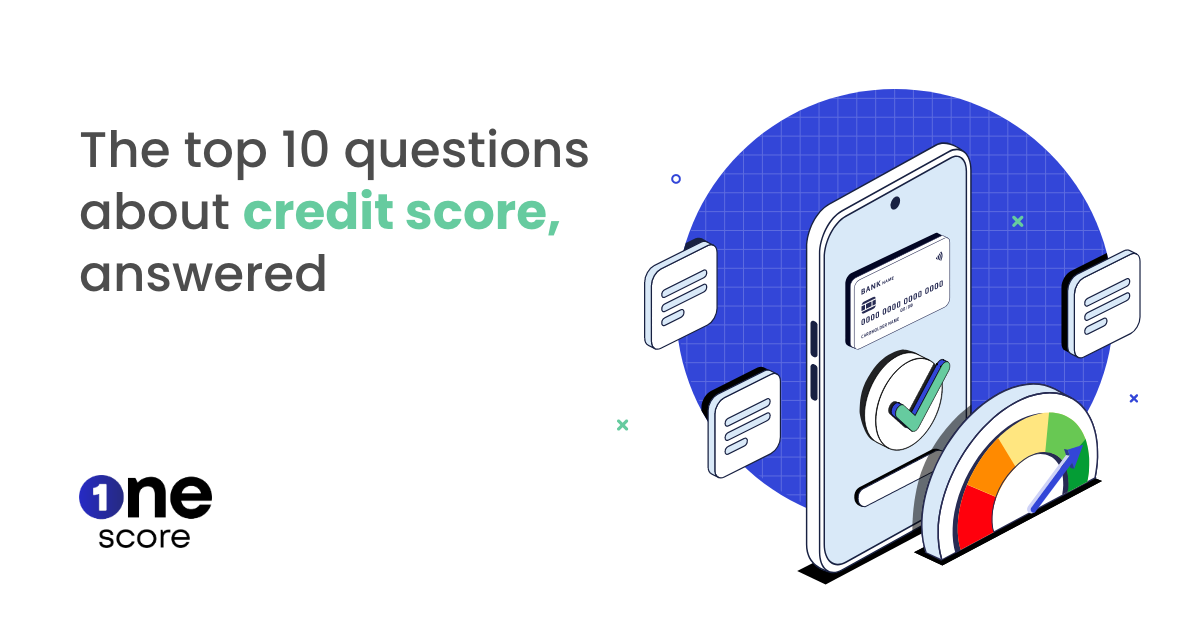
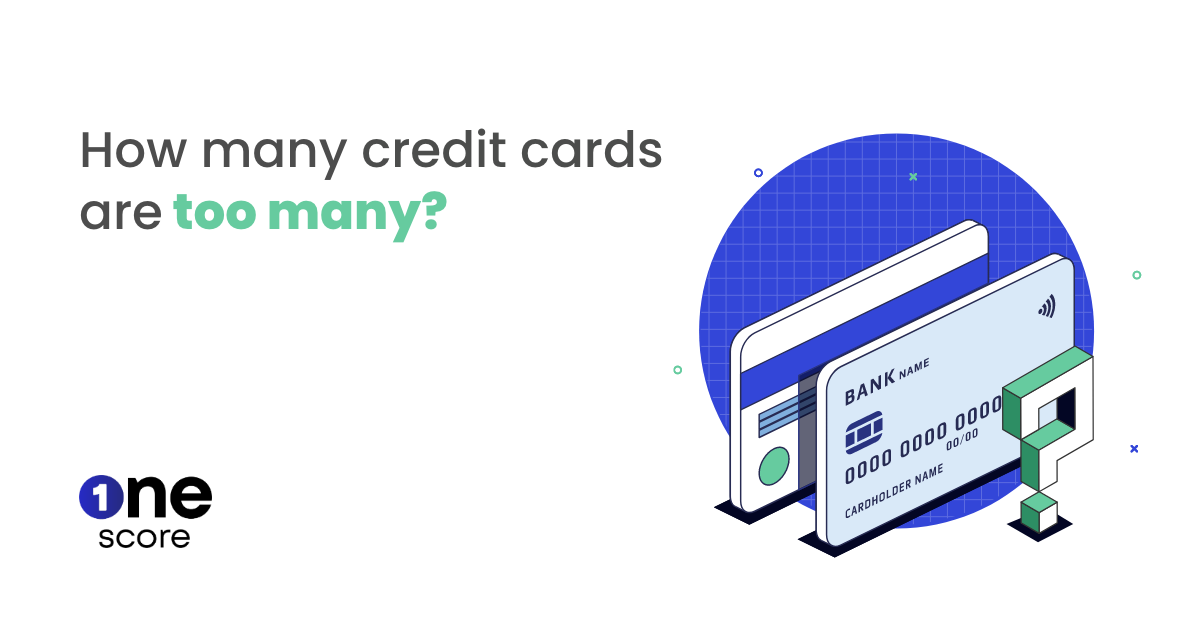
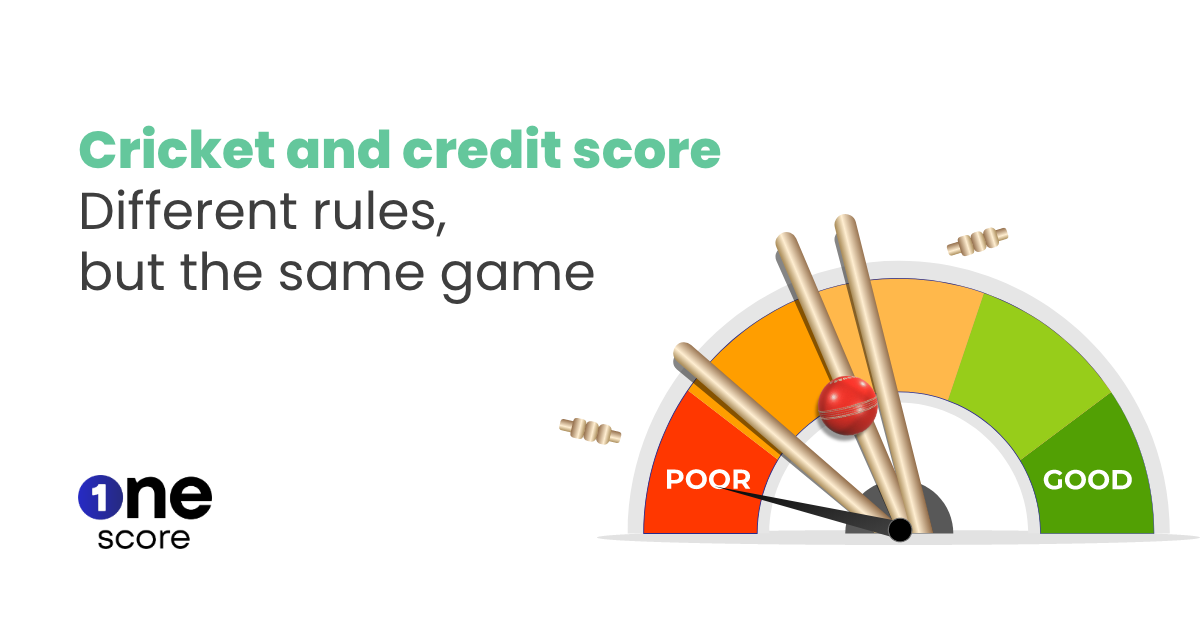
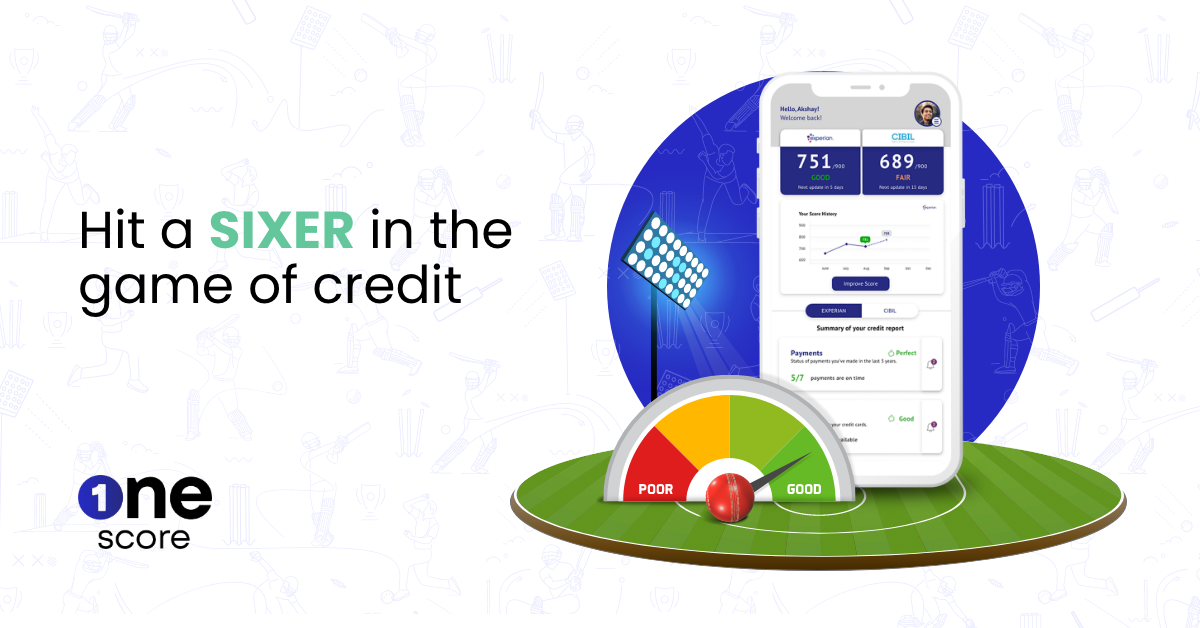
4 ways you can score more on your credit score this IPL season

- OneScore , August 08, 2022

